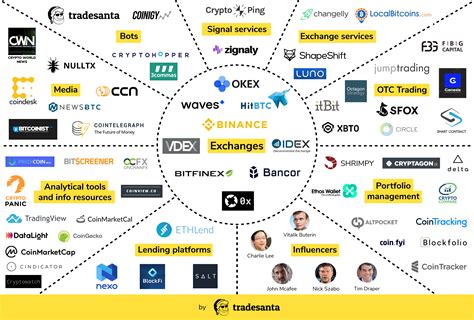Understanding the Legal Landscape of Cryptocurrency Mixers
The rise of cryptocurrency has led to an increase in demand for decentralized, secure, and trustless financial services. One such service is cryptocurrency mixing, also known as tumblers. These platforms allow users to mix their cryptocurrencies with other cryptocurrencies, making it harder for hackers to trace transactions and launder funds. However, the use of cryptocurrency mixers raises several legal issues. In this article, we will delve into the current state of the law surrounding cryptocurrency mixers and explore the key issues that need to be addressed.
What are cryptocurrency mixers?
A cryptocurrency mixer is a digital platform that allows users to mix their cryptocurrencies with other users’ coins or tokens without tracking or recording transactions. These platforms typically use advanced algorithms and random number generators to create a “mix” of user-created cryptocurrencies, making it impossible for users to identify the original sender and recipient.
The Rise of Cryptocurrency Mixers
Cryptocurrency mixers have gained popularity in recent years due to their ability to offer anonymous transaction processing and secure storage. These platforms are aimed at individuals, businesses, and organizations that require sensitive financial data and want to keep it private.
Key Features of Cryptocurrency Mixers
- Anonymity: Mixers ensure user anonymity by mixing cryptocurrencies with other users’ coins or tokens.
- Security: Advanced algorithms and random number generators make it difficult for hackers to trace transactions or identify the original sender and recipient.
- Decentralization: Mixers operate on decentralized networks, reducing the risk of centralized control and manipulation.
Regulatory Framework: A Mixed Bag
Governments around the world have taken different approaches to regulating cryptocurrency exchanges. While some countries have implemented regulations aimed at combating money laundering and terrorist financing, others have imposed strict anti-money laundering (AML) and know-your-customer (KYC) requirements on these platforms.
- United States of America: The U.S. Treasury Department’s Financial Crimes Enforcement Network (FinCEN) has issued guidelines for cryptocurrency service providers, including mixers. However, the regulatory environment remains uncertain.
- European Union: The EU has established strict AML and KYC regulations for digital assets, which may affect the use of cryptocurrency mixers in member states.
- China

: China has taken a more restrictive approach to regulating cryptocurrencies, with some viewing cryptocurrency mixers as money laundering tools.
Lawsuits and Disputes
Crypto mixer users are not immune to regulatory challenges. In recent years, several lawsuits have been filed against these platforms for allegedly facilitating money laundering, terrorist financing, and other illicit activities.
- FBI v. BitMEX: The U.S. Department of Justice (DOJ) arrested several individuals from cryptocurrency exchange BitMEX in 2019 on charges related to operating an unlicensed money transmitting business.
- The Coincheck Case: In Japan, cryptocurrency exchange Coincheck was hacked in 2018, resulting in approximately $530 million in lost funds. The incident led to regulatory scrutiny and calls for stricter AML and KYC requirements.
Conclusion
The legal landscape surrounding cryptocurrency mixers is complex and rapidly evolving. While these platforms offer users a level of anonymity and security, governments around the world are grappling with the consequences of their growing use.
As the industry continues to develop, it is crucial that regulators establish clear guidelines and frameworks for implementing AML and KYC requirements at cryptocurrency mixers.